How to care for a dragon tree plant
These five expert steps for taking care of your dragon tree will ensure houseplant success

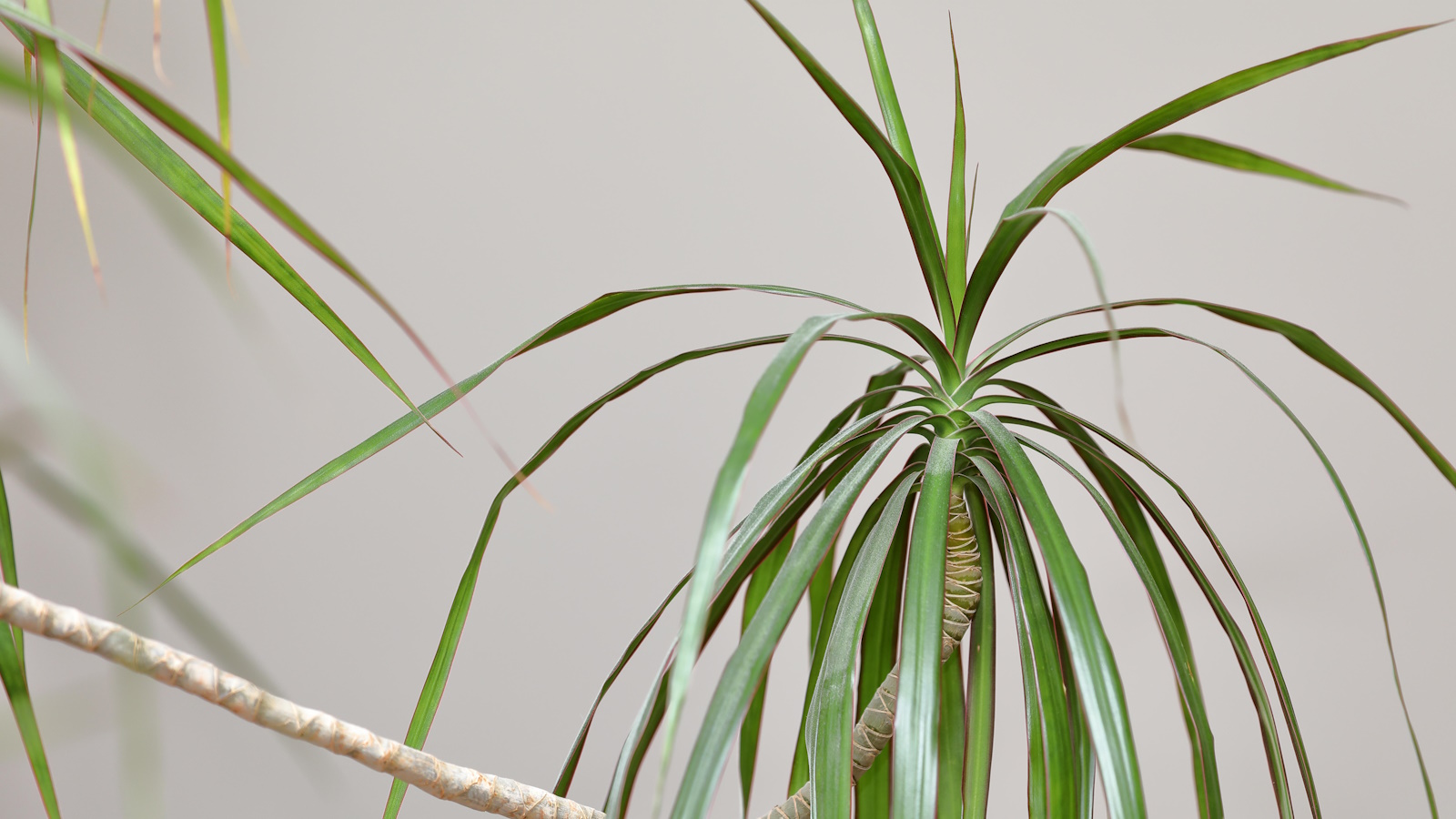
Design expertise in your inbox – from inspiring decorating ideas and beautiful celebrity homes to practical gardening advice and shopping round-ups.
You are now subscribed
Your newsletter sign-up was successful
Want to add more newsletters?

Twice a week
Homes&Gardens
The ultimate interior design resource from the world's leading experts - discover inspiring decorating ideas, color scheming know-how, garden inspiration and shopping expertise.

Once a week
In The Loop from Next In Design
Members of the Next in Design Circle will receive In the Loop, our weekly email filled with trade news, names to know and spotlight moments. Together we’re building a brighter design future.

Twice a week
Cucina
Whether you’re passionate about hosting exquisite dinners, experimenting with culinary trends, or perfecting your kitchen's design with timeless elegance and innovative functionality, this newsletter is here to inspire
Dragon tree is an easy indoor houseplant that is recommended for beginners, as it is tolerant of different growing conditions and is drought tolerant.
Also known as Dracaena marginata, dragon tree plants are happiest when positioned in indirect sunlight so they can photosynthesize without the risk of their leaves burning.
As one of the best tall indoor plants, this tree not only beautifies homes but also enhances air quality, making it a favorite among indoor gardening enthusiasts to promote a healthier sense of wellbeing.
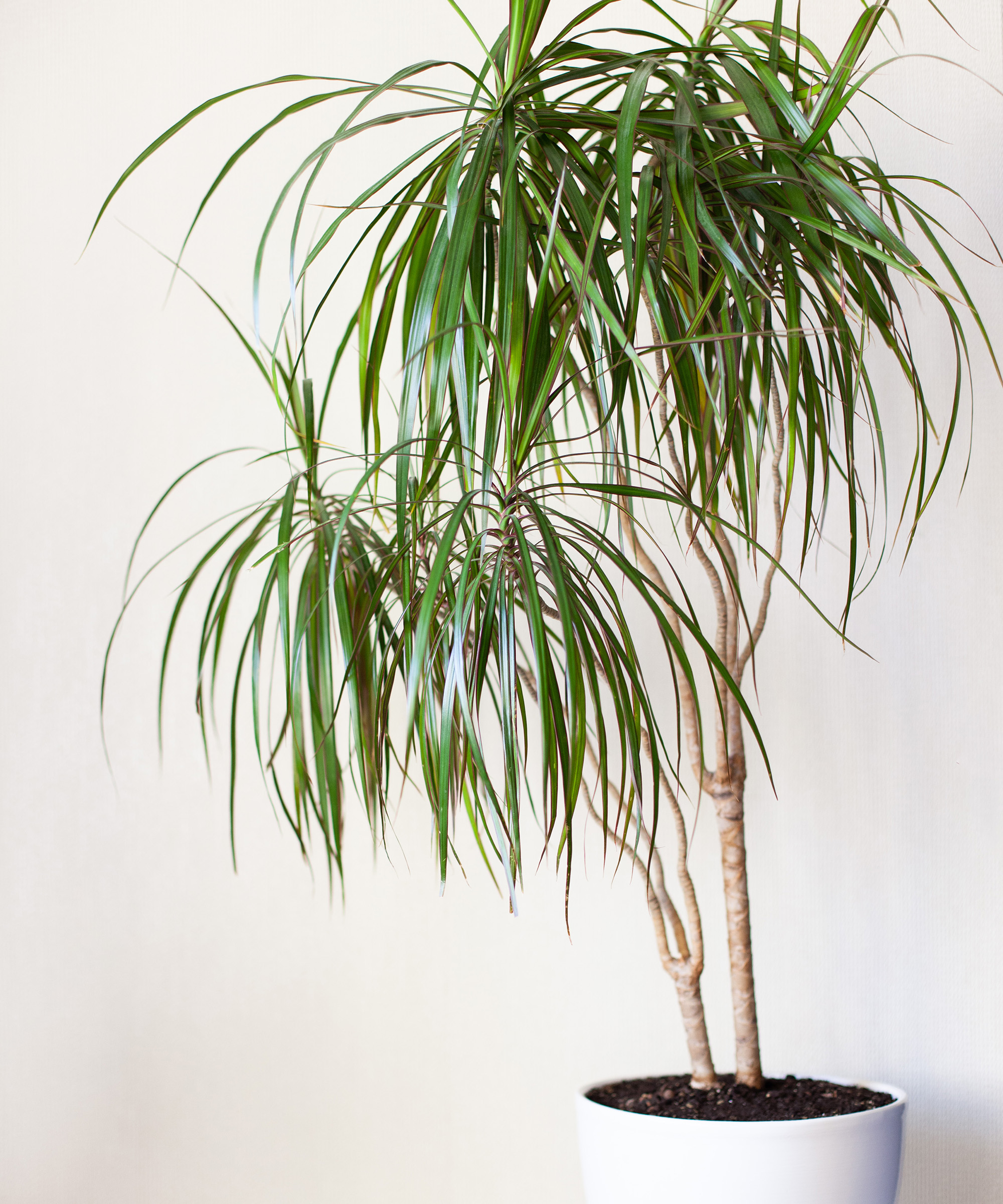
How to care for a dragon tree plant
Besides being easy to care for, the dragon tree is a slow grower, perfect even for those with green fingers. Below, our experts share insights on caring for this striking indoor plant.
1. Light
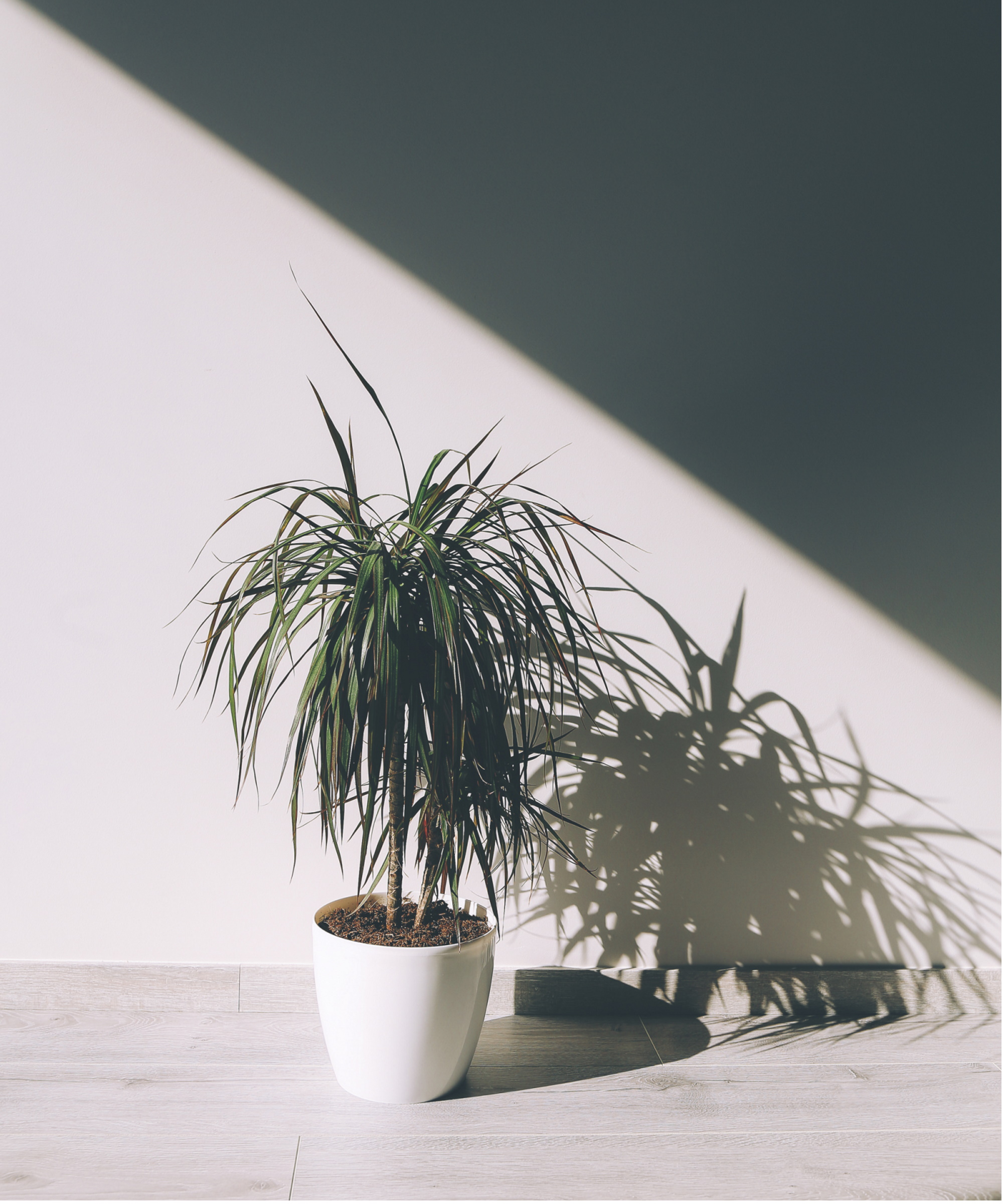
The dragon tree is renowned for its adaptability, making it an ideal choice for both novice and experienced plant enthusiasts. Ensure your plant receives bright, indirect sunlight. While it can tolerate lower light conditions, providing it with a well-lit spot enhances its growth and vibrancy.
‘Aim for at least 4-6 hours of sunlight per day,’ says Paris Laticata from indoor plant specialists The Sill. ‘If your home lacks sufficient natural light, you can supplement it with artificial lighting.’
Consider using a desk lamp with a 60-watt LED bulb from Amazon, positioned about 12-18 inches away from the plant. Rotate the plant occasionally to ensure even exposure to light. If you notice the leaves leaning toward the light source, it's an indication that the plant needs extra light.
Design expertise in your inbox – from inspiring decorating ideas and beautiful celebrity homes to practical gardening advice and shopping round-ups.
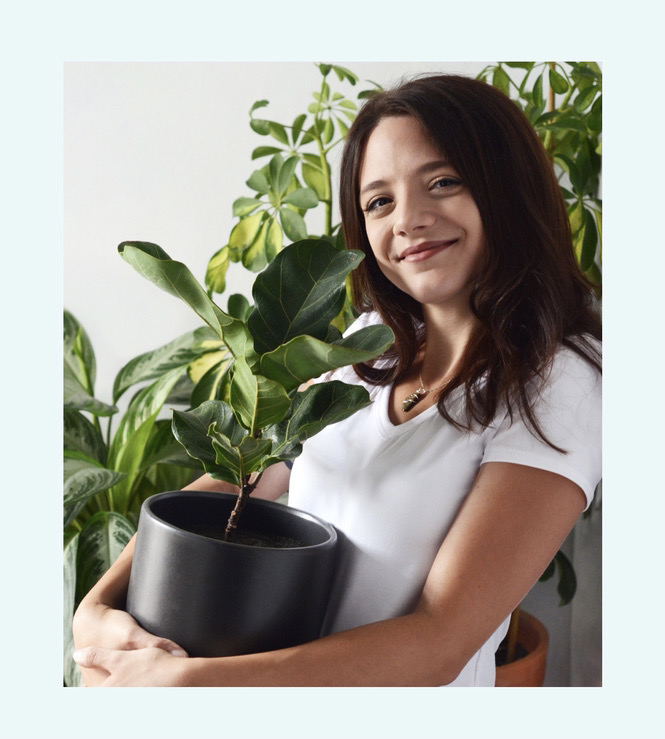
Paris has been with The Sill for almost 5 years and heads up Plant Education and Community. A self-taught plant expert with more that 10 years' of experience growing houseplants, she currently maintains an indoor garden of over 200 plants in the northeast. Her passion is making plant care more digestible for budding plant parents and sharing the many benefits of having plants indoors.
2. Watering
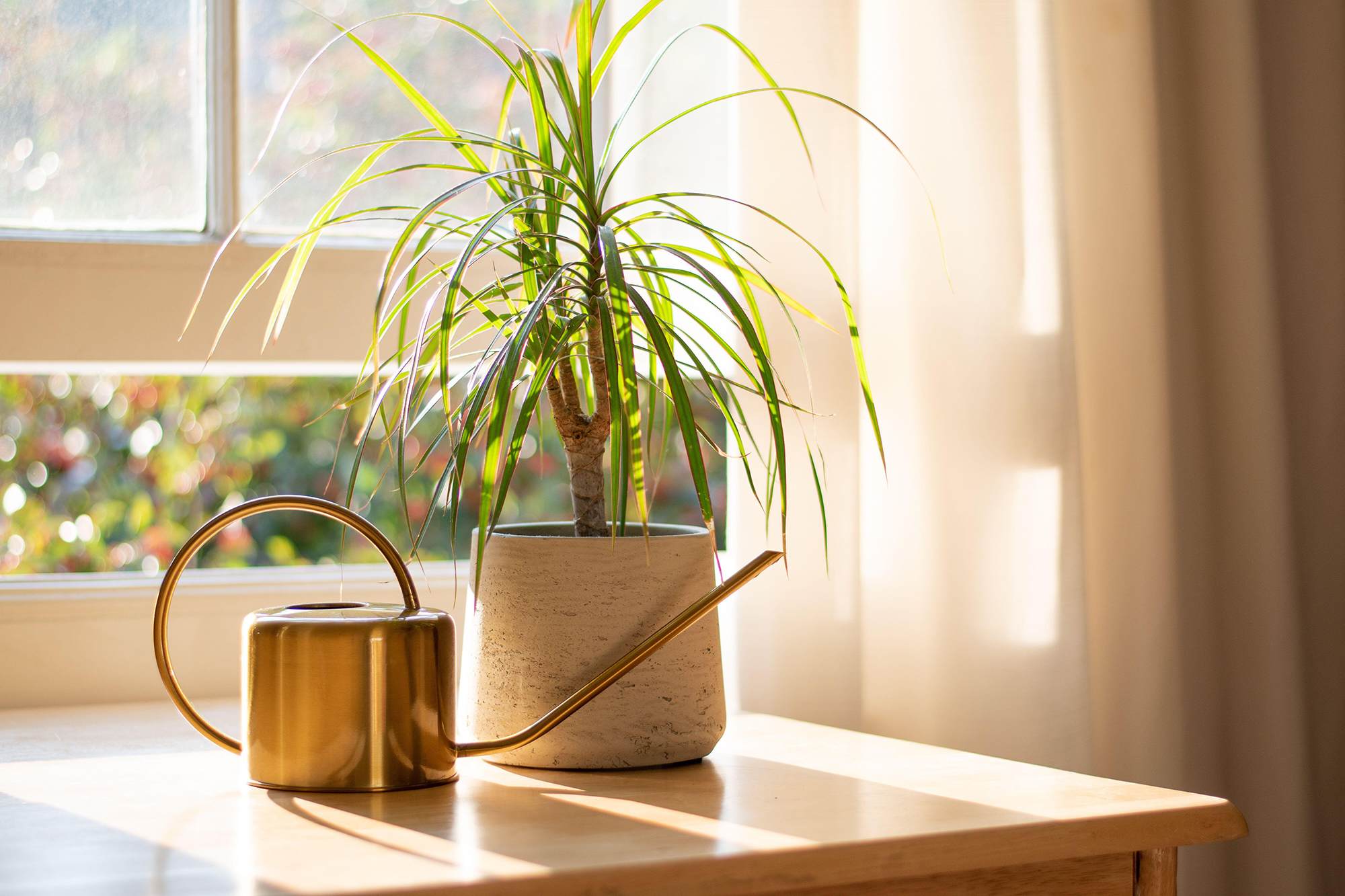
Maintaining the right balance of moisture is crucial for the dragon tree's wellbeing. Allow the top inch of the soil to dry out before watering, as overwatering can result in root rot. Water your dragon tree when the top inch of soil feels dry to the touch. This usually translates to watering once every 7-10 days, but frequency may vary depending on factors such as temperature and humidity.
To water your plant, pour approximately 1 cup (240 ml) of water evenly across the soil surface, allowing it to soak through the entire root ball. If you're unsure about the moisture level, you can use a moisture meter to help determine when to water.
Be mindful of seasonal changes; in the winter, reduce the watering frequency. Additionally, use well-draining soil to prevent waterlogging.
3. Soil and potting
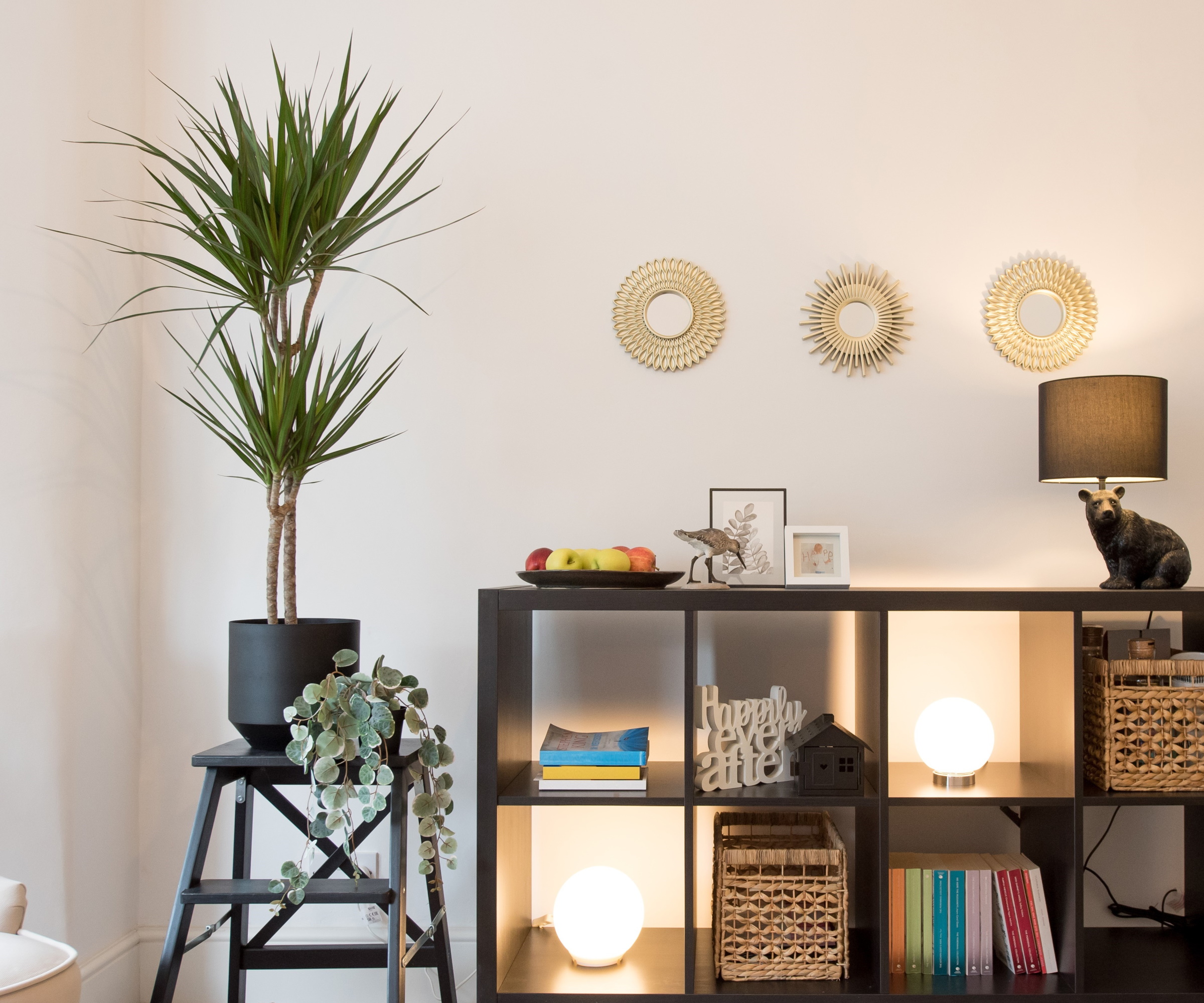
Use a well-draining potting mix specifically formulated for indoor plants. According to Lisa Eldred Steinkopf, houseplant expert at The Houseplant Guru, a mix of regular potting soil, perlite, and peat moss in equal parts works well. Avoid using heavy soils that retain too much moisture, as they can lead to root rot.
When fertilizing your dragon tree, choose a balanced, water-soluble fertilizer with an equal NPK ratio (eg 10-10-10) or one specifically formulated for foliage plants. Dilute the fertilizer according to the package instructions and apply it to the plant's soil during the growing season (spring and summer) every 2-4 weeks.
Reduce or suspend fertilization during the dormant season (fall and winter). A 16-ounce bottle of Elm Dirt Plant Juice Organic Fertilizer & Plant Perfection Spray from Amazon should last for several months.
Make sure to repot your dragon tree when it outgrows its current home.

Lisa is a houseplant expert who runs her blog The Houseplant Guru with over a decade of professional experience at Steinkopf Nursery and Garden Center in Michigan. As a child, Lisa helped her grandma tend to African violets and other houseplants. Since then, Lisa has forged a career providing houseplant advice, holding lectures and writing for publications across the US.
4. Temperature and humidity
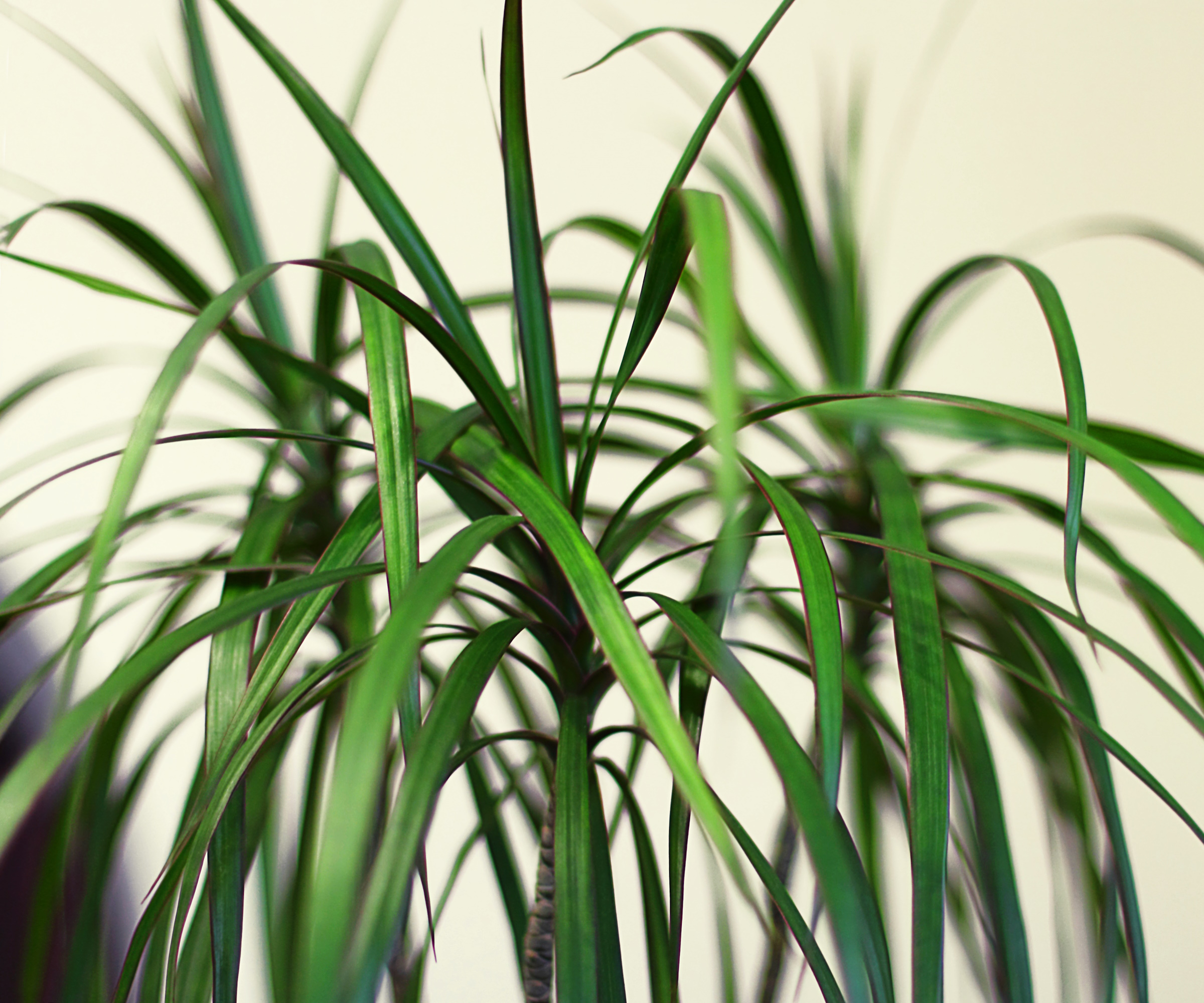
The dragon tree prefers average room temperatures between 65-80°F. Avoid exposing the plant to cold drafts or extreme temperature fluctuations, as they can cause leaf damage.
Christine Tobar, owner and founder of Botanicoeur suggests you maintain a consistent temperature within this range and avoid placing the plant near heating vents or air conditioning units. If your home tends to be dry, especially during winter when indoor heating is used, consider using a humidifier from Amazon to increase humidity levels around the plant.
Keep your dragon tree plant away from drafts and sudden temperature fluctuations. While they can tolerate lower humidity, occasional misting or placing a tray of water near the plant during dry spells can enhance its wellbeing.

Christine is the owner and founder of Botanicoeur, a plant interior design company based in Baltimore County, Maryland. She started Botanicoeur in 2022 due to her love of plants and interiors. Christine is a huge proponent of mental health awareness as plants are an easy, natural way to boost your mood and productivity in your home.
5. Pruning and maintenance

Regular pruning helps maintain the dragon tree's shape and remove dead or yellowing leaves. Use clean, sharp pruning shears or scissors to make precise cuts. Inspect the plant regularly for any signs of pests or diseases, such as spider mites or mealybugs.
If you notice any pests, isolate the plant from other houseplants and treat the affected areas with an insecticidal soap or neem oil spray. Wipe the leaves occasionally with a damp cloth to remove dust and keep them clean.
FAQs
Should you water a dragon tree from the top or bottom?
For a dragon plant, you can water it from both the top and the bottom. Watering from the bottom will not wash away minerals and nutrients from the soil, so incorporate bottom watering every now and again into your watering routine.
Remember, each plant may have its unique needs, so observe your dragon tree closely and adjust care practices accordingly. These tips should help you create an environment in which your Dracaena marginata can thrive.

Seraphina is a contributing editor at Homes & Gardens, writing Solved features on organizing and storage. She loves to decorate and also grow her own produce from her home in London. Her previous experience includes working at Women's Health and Fabulous Magazine.